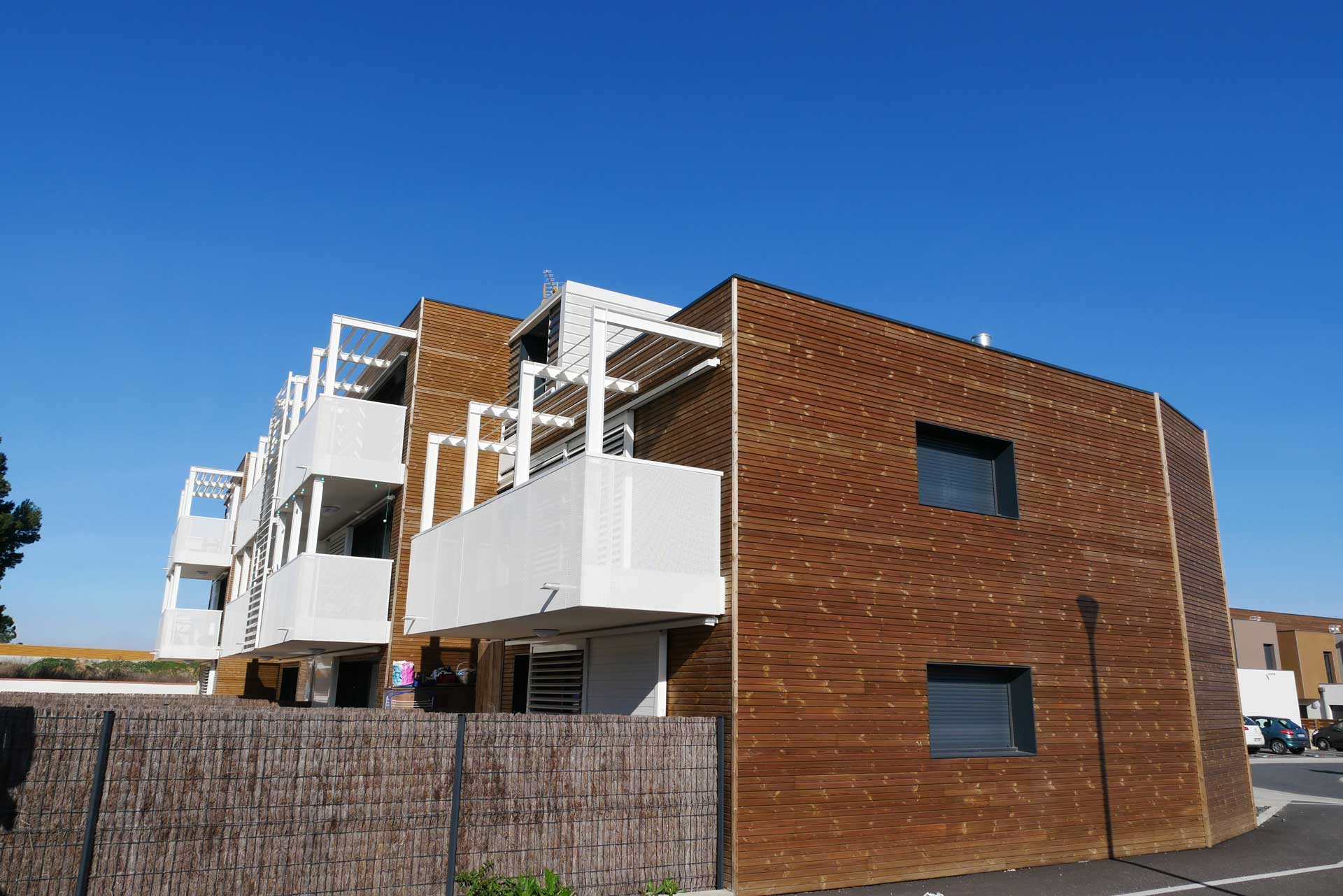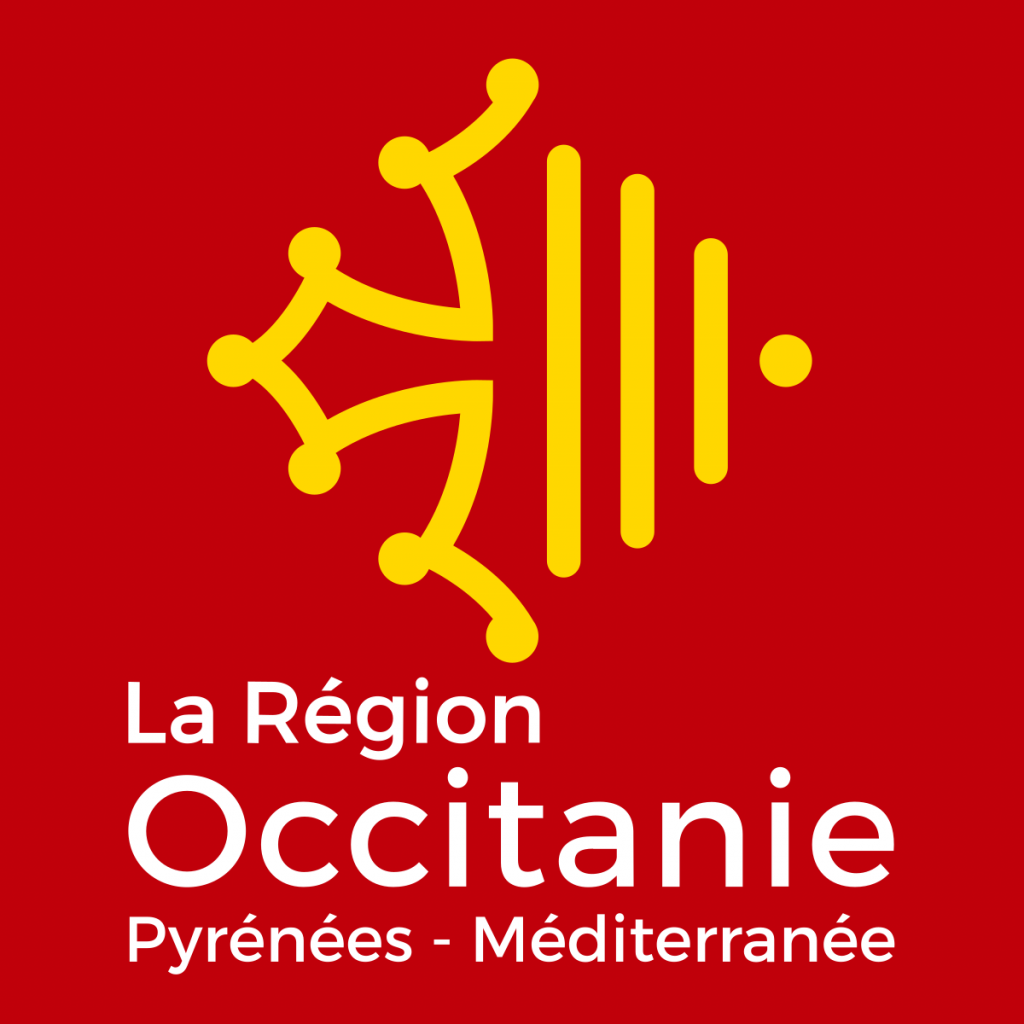Social cohesion, urban policy and employment integration
You are an association and you wish to submit a grant application. Two calls for projects are launched each year by Perpignan Méditerranée Métropole around two themes: city policy and integration through economic activity.

City policy
Urban policy is a policy of urban cohesion and solidarity with the most disadvantaged neighbourhoods
It aims to restore republican equality and improve the living conditions of inhabitants by mobilising all public policies. Initiated in France some forty years ago, it refers to the policy implemented by the public authorities to upgrade urban areas in difficulty and to reduce social inequalities between territories.
On 21 February 2014, the Programming Law for the City and Urban Cohesion (Lamy Law) was promulgated after extensive national consultation. This law redefined the priority geography of urban policy in order to concentrate all resources on the most disadvantaged areas.
Perpignan then benefited from the priority classification for 9 of its neighborhoods, for which the intervention of public authorities is formalized by the City Contract of Perpignan Mediterranean Metropolis, which covers the period 2015-2023 and which can be downloaded here.
Each year, a call for projects, respecting the objectives of the city contract, is launched to support the projects of local actors aimed at the inhabitants of these districts. The projects are approved by consensus between the funding partners: the State, Perpignan Méditerranée Métropole, the City of Perpignan, the Conseil Régional, the Conseil Départemental and the Caf 66.
It is usually published in November with a deadline for applications in January of the following year.
Associations can contact the Direction des Solidarités for any questions on this call for projects by contacting us at
- 04 68 08 60 84
- mp.louvet@perpignan-mediterranee.org
Integration through Economic Activity (IAE)
The field of AEI was created in the middle of the last century to allow people with difficulties in finding employment to benefit from a subsidised job within a structure dedicated to this activity (association or integration company) implementing social support and an integration programme aimed at reintegrating the company (this can be likened to an airlock before going into traditional employment).
The persons benefit from a Pôle emploi, Mission Locale Jeune, ... approval and can stay within an Iae structure (Siae) for a maximum of 24 months
- The integration projects (Ci) are aimed at people who are very far from employment (general interest work), with heavy individual support;
- Integration enterprises (EI) are aimed at people who are a little more integrated, a gateway to the classical company (competitive environment);
- Intermediary associations are intended for people who are much more autonomous, with much lighter support;
- Temporary Integration Enterprises are the comparable field to the classical enterprise with a punctual accompaniment.
Each year Perpignan Méditerranée Métropole launches a call for projects to support integration structures. This call for projects is usually put online in the second quarter and the winners are known during the summer. There are about fifteen Siae, building sites or integration companies in our department.
Associations can contact the Direction des Solidarités for any question about this call for projects:
- 04 68 08 60 84
- mp.louvet@perpignan-mediterranee.org
Documents Annexes
Acting together for employment: social clauses, a proactive "employment-integration" policy
- 06 01 15 44 99
- clauseinsertion@gersebtp66-11.fr
Since 2005, public procurement has been used as a lever for the development of integration and access to employment for people in professional and social difficulty. Orders for works and services from the State, local authorities and public establishments for inter-municipal cooperation are significant economic levers, which make it possible to improve access to and return to employment for people who are very far from it.
Social clauses are legal tools that allow public purchasers to meet the requirements of sustainable development on the social aspect and allow companies to concretely implement their social responsibility on the territory.
On the territory of Perpignan Méditerranée Métropole, social clauses are made compulsory for all work contracts concerning the NPNRU and for any construction or rehabilitation of social housing that would benefit from a subsidy from the Urban Community.


